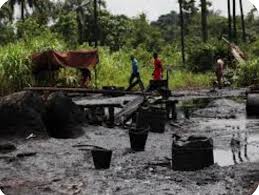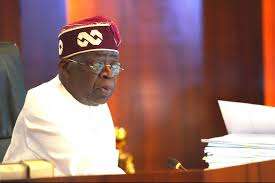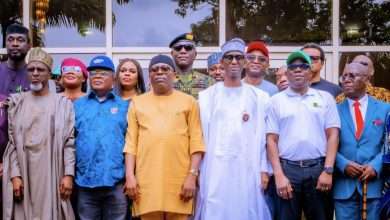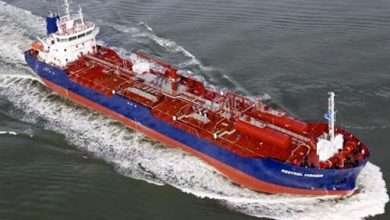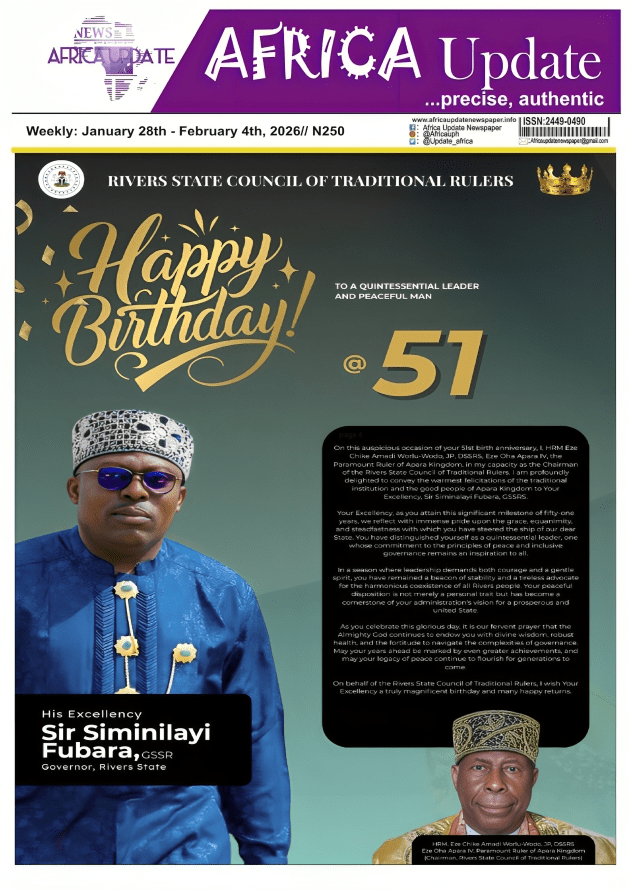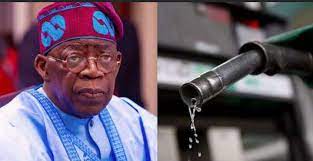
Abuja — A recent executive approval by President Bola Tinubu imposing a 15 per cent import duty on refined petroleum products, including petrol and diesel, has ignited a sharp policy debate, with the Presidency defending the measure as a bold step to reshape Nigeria’s energy landscape against accusations that it is anti-people.
The policy, confirmed by presidential spokesperson Sunday Dare on Friday, is framed as a strategic necessity aimed at reversing decades of dependency that have crippled the national economy.
Defending the contentious move, Mr. Dare described the new policy as “a bold and strategic move aimed at reshaping Nigeria’s energy landscape,” positioning it as a fundamental shift away from Nigeria’s heavy reliance on foreign fuel markets.
The dependency, according to the Presidency, has resulted in a crippling drain on foreign exchange reserves and the export of jobs that should have been created domestically. Mr. Dare asserted that the duty is “a bridge from dependence to independence, from vulnerability to strength.”
The government’s primary goal is to tilt the market decisively in favour of local producers. “By making imported fuel less competitive, the government is tilting the market in favour of local refineries such as Dangote and other modular plants, laying the groundwork for a self-sustaining and resilient energy sector,” Dare explained.
The ultimate vision is a market where increased domestic supply leads to stability. The Presidency projects that as local refining capacity ramps up and supply strengthens, prices are expected to moderate, while essential economic factors like jobs, investment, and industrial activity will significantly expand.
However, the policy has met with immediate and intense criticism from opposition figures who argue it places an unbearable burden on Nigerian citizens already reeling from economic hardship.
Former SDP presidential candidate, Adewole Adebayo, was particularly vocal in his opposition during a television interview, slamming the new duty as “anti-people.” Mr. Adebayo accused the Tinubu administration of continuously burdening Nigerians with “endless taxes” at a time of unprecedented economic difficulty.
The critics’ concern is that any duty or levy on essential commodities like fuel is immediately passed on to the consumer, further escalating transportation and production costs across the board before the anticipated benefits of local refining can materialise.
The Presidency, meanwhile, remains firm that the measure is designed “to reverse that trend by encouraging local refining, boosting domestic capacity and ensuring that Nigeria’s oil wealth translates directly into national prosperity.” The nation now watches closely to see if the market can respond fast enough to cushion the immediate economic shock before the policy can deliver its promised long-term strategic benefits.



